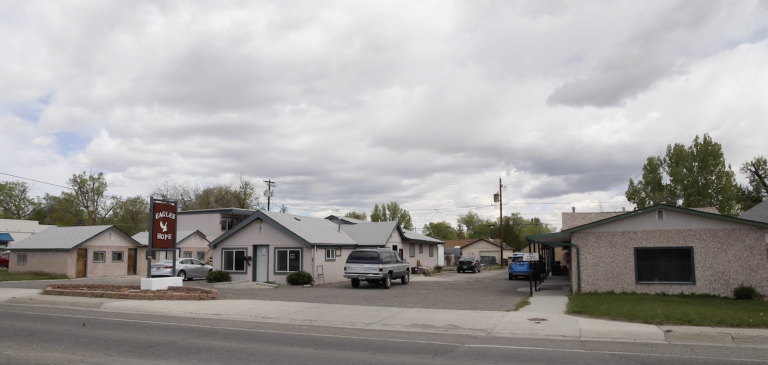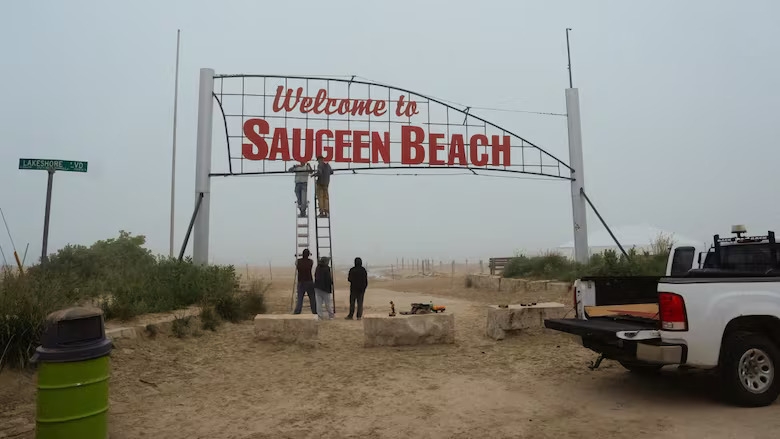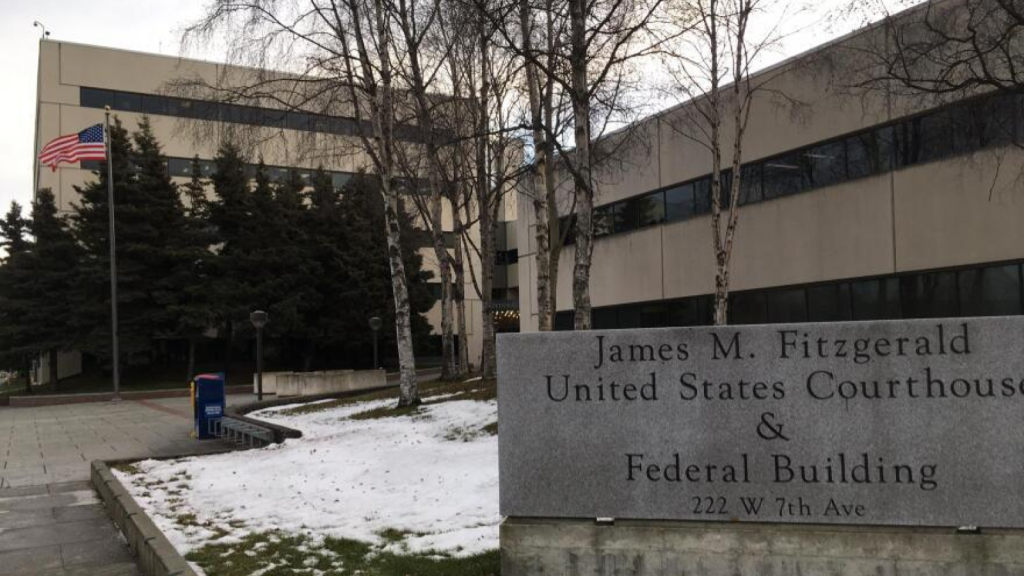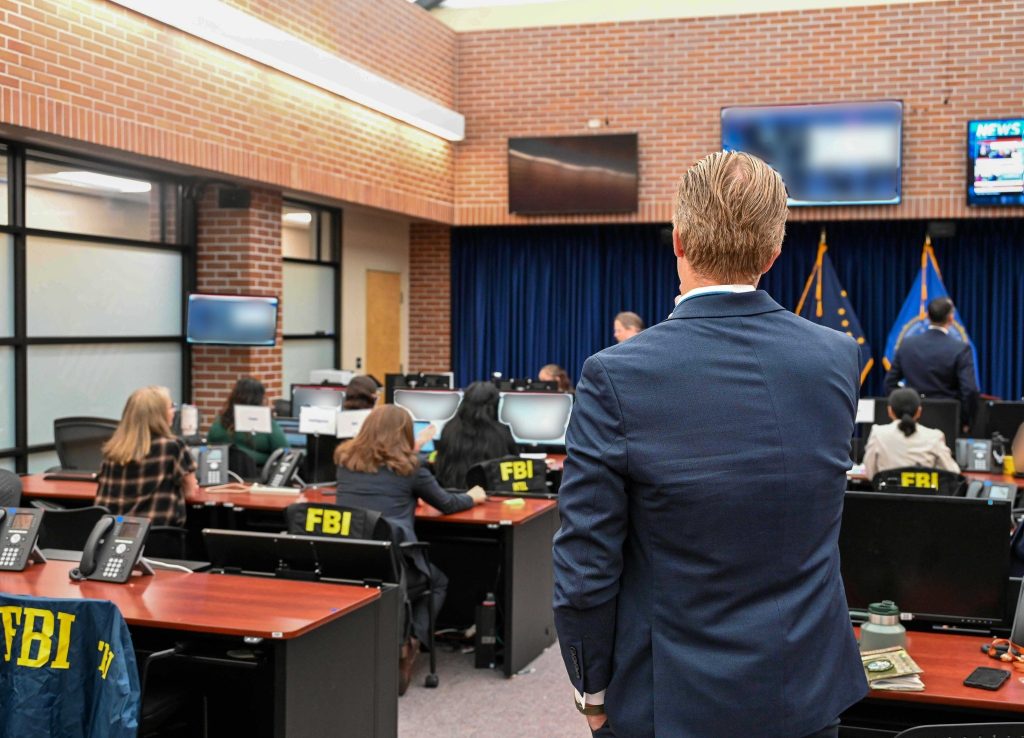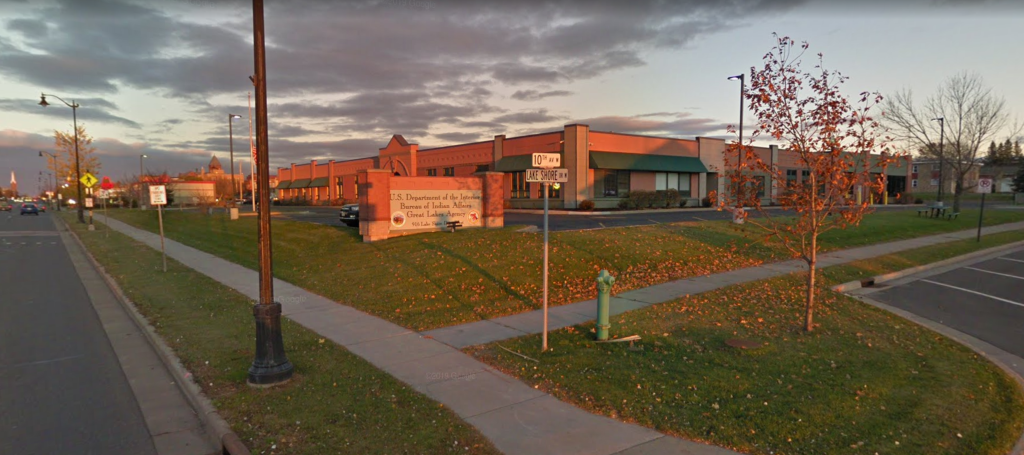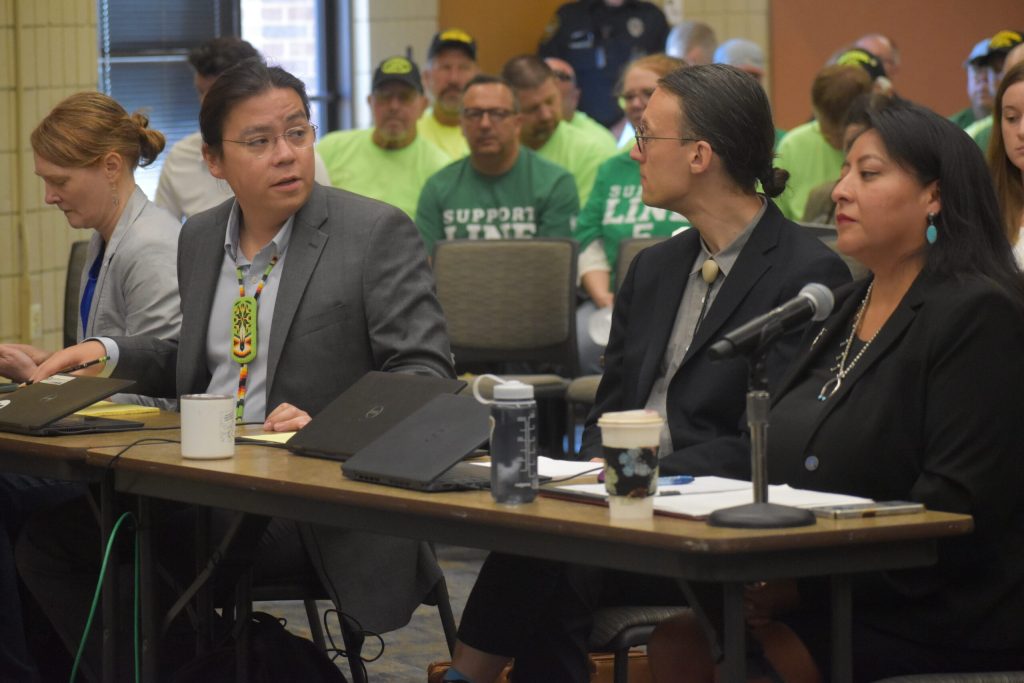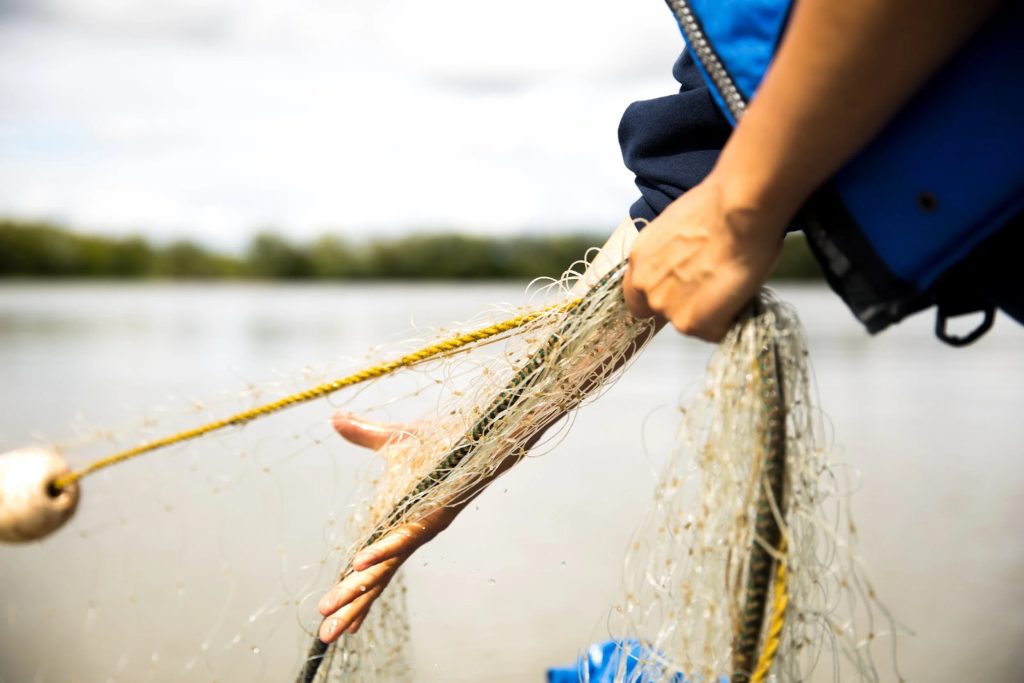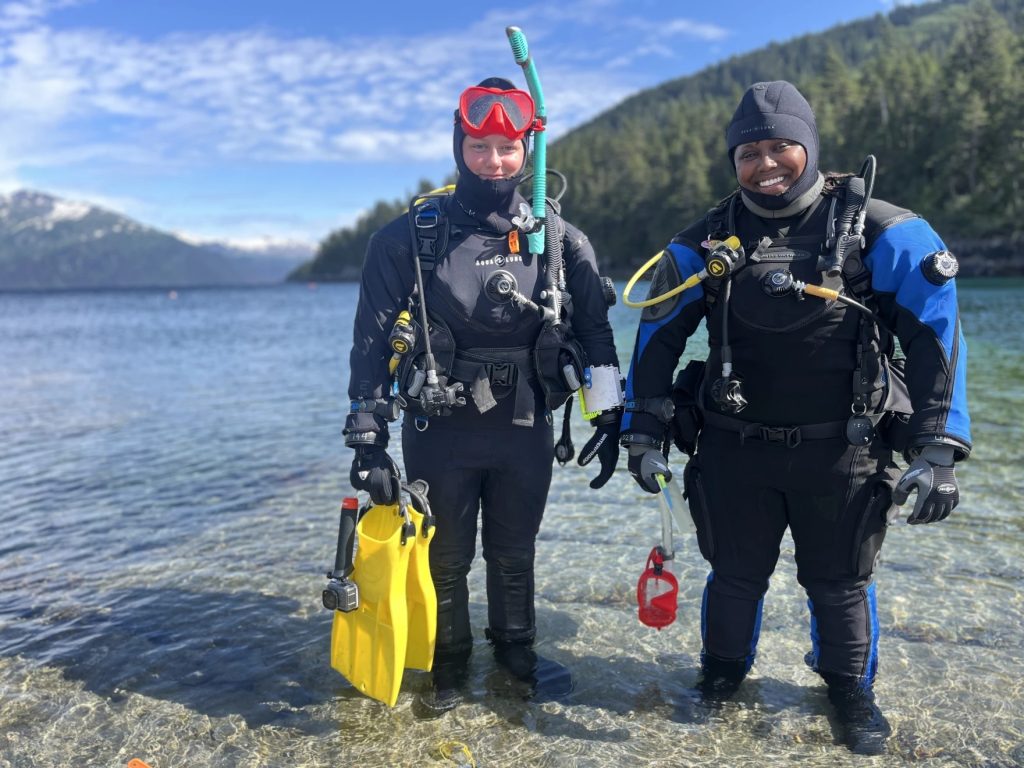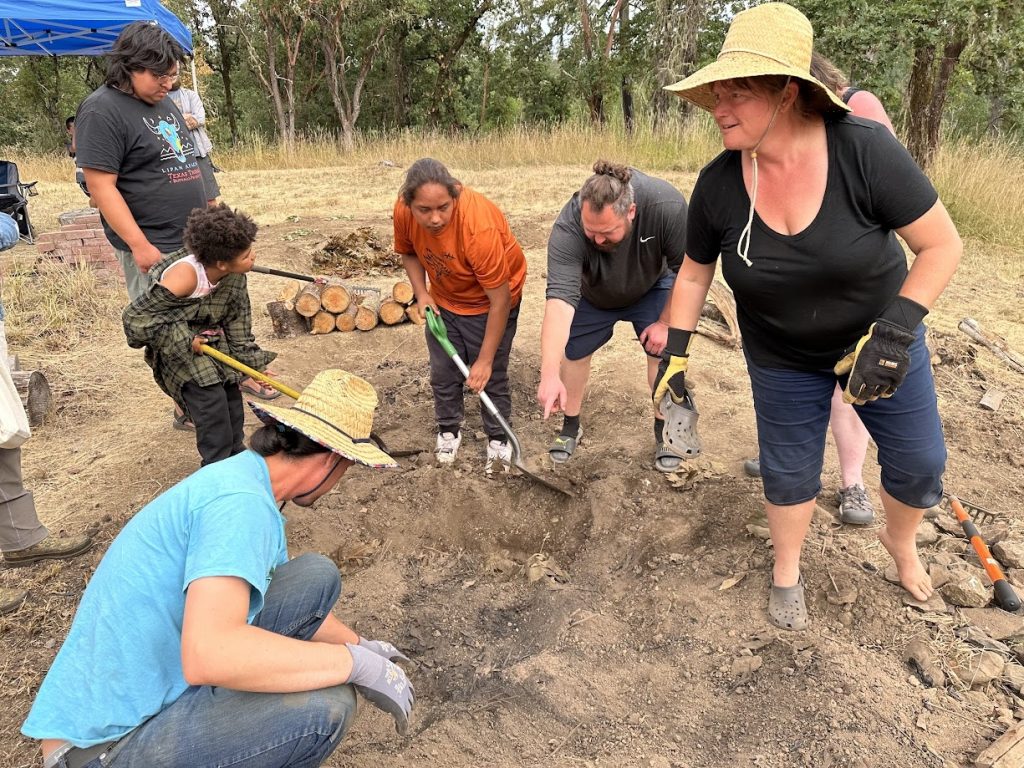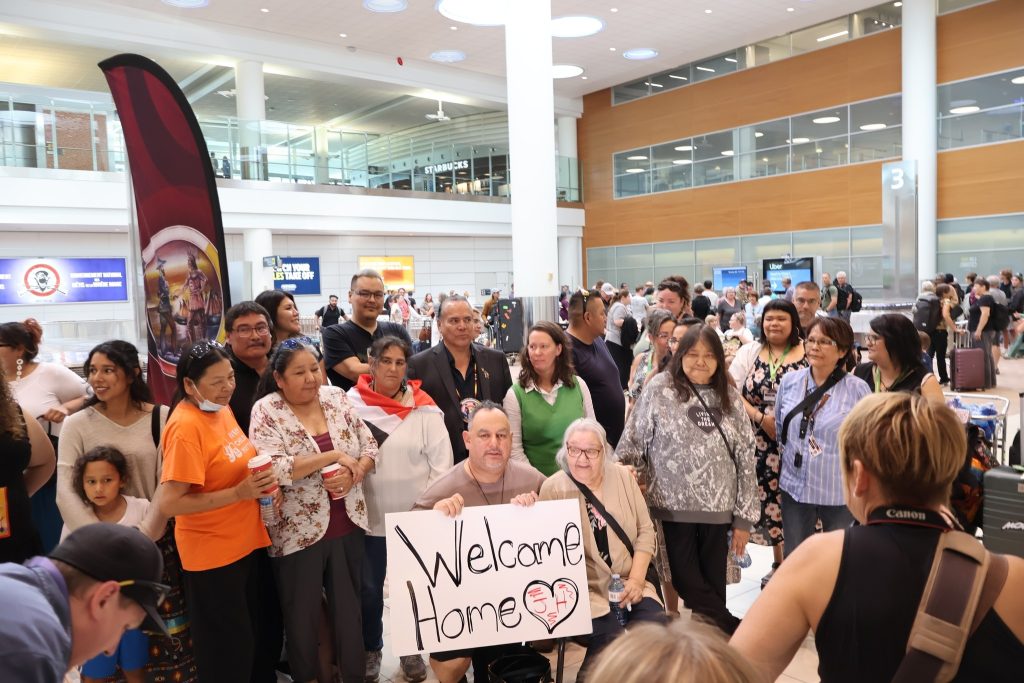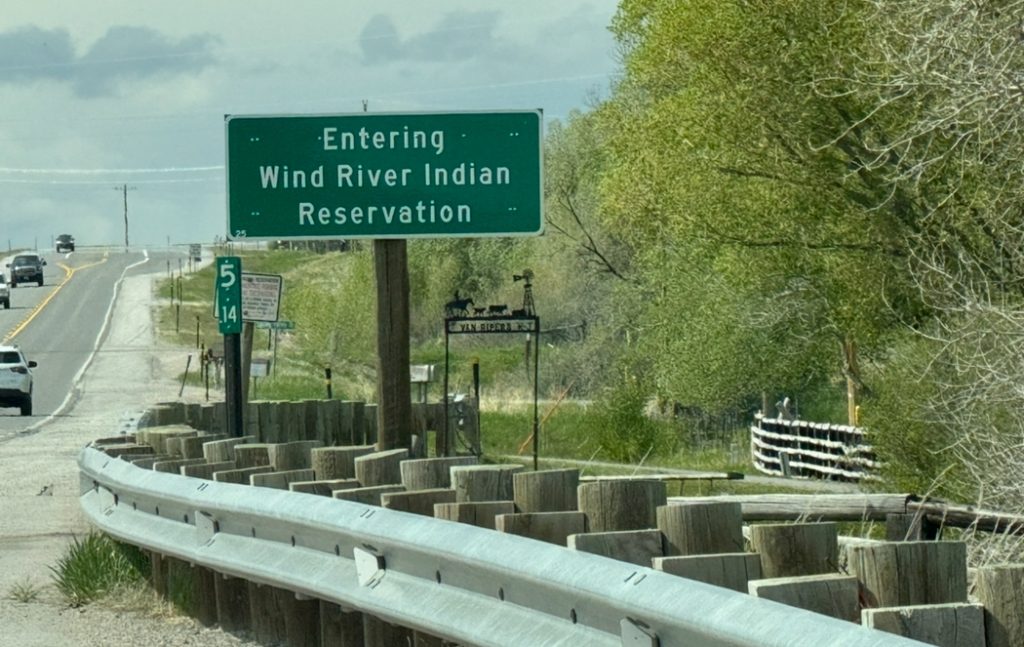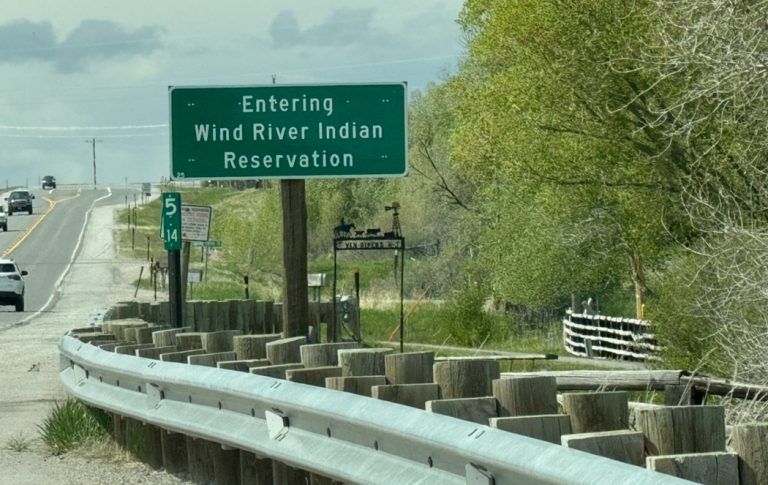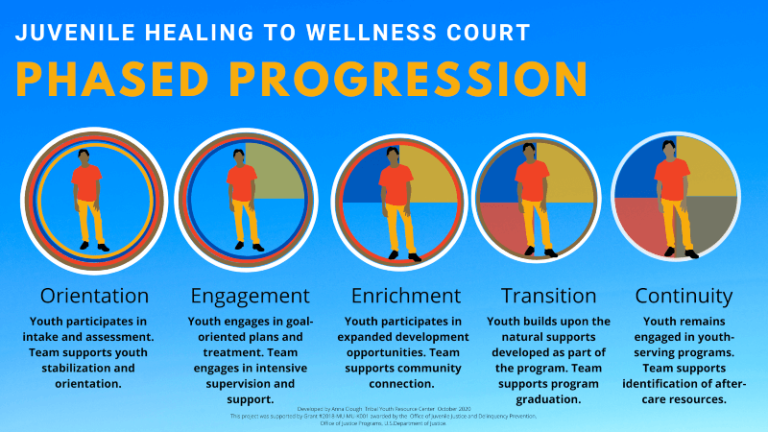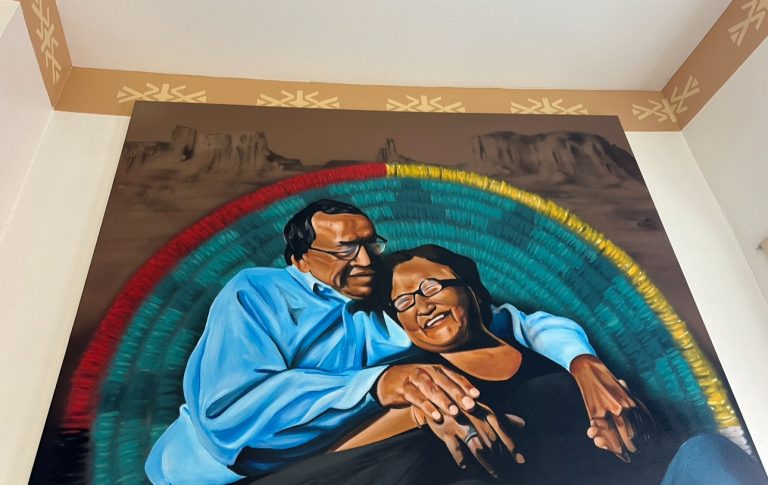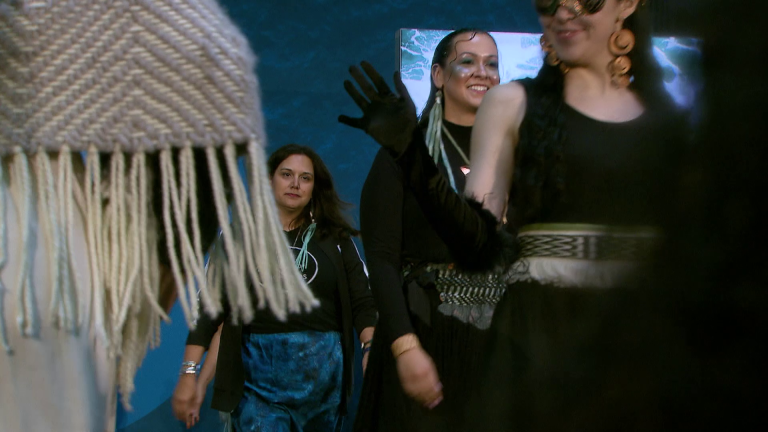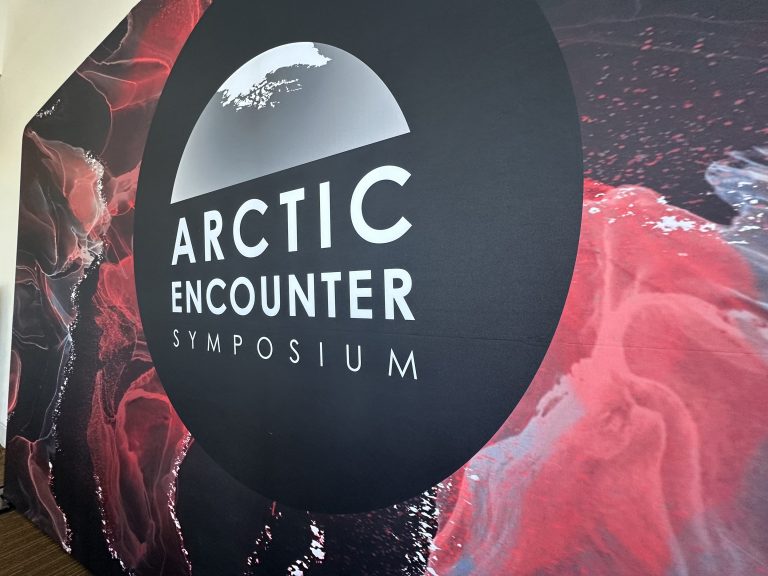Podcast: Play in new window | Download | Embed
In our ongoing Native American Justice Series, we recently talked to clients of the Northern Arapaho Reentry program, which is helping people return home from out of state federal prisons and state incarceration to the Wind River Reservation in Wyoming.
The reservation is home to the Northern Arapaho and Eastern Shoshone Tribes.
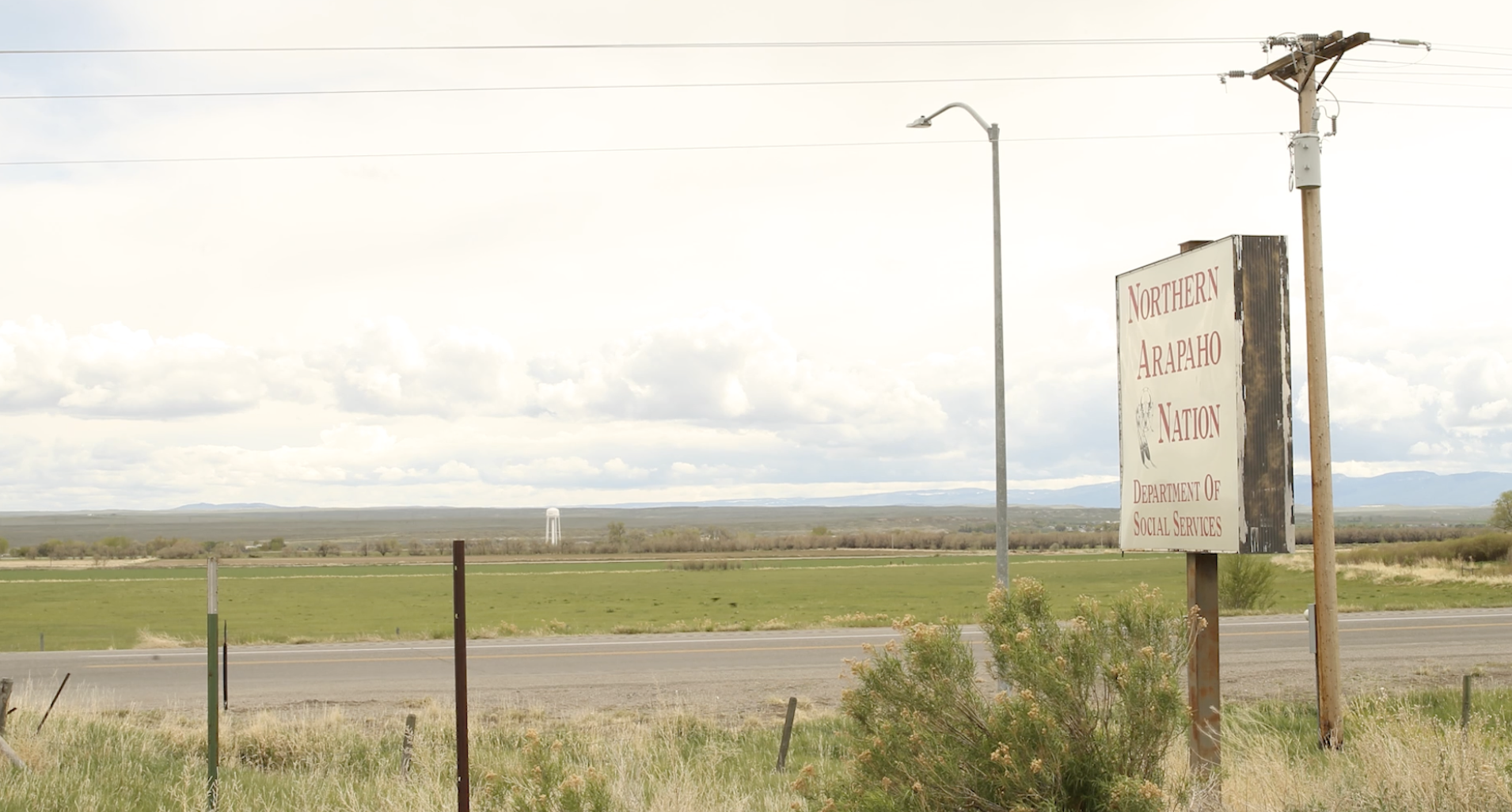 Many clients in the program say they’re more confident now to stay out of incarceration with the program’s assistance.
Many clients in the program say they’re more confident now to stay out of incarceration with the program’s assistance.
Today, we’ll hear from some of the partners of the reentry program.
Terri Smith, the program’s administrator, is a former Northern Arapaho Tribal attorney and judge who says she connects with her clients on a deeper level after she went through a public downfall a few years ago due to drugs.
This day, she’s picking up clients and driving them to appointments. She helps people arrange transportation, find jobs, and receive benefits.
“I feel like this is just perfect for me. I’ve been in their position, right … I just want them to know what they did, who they were before, doesn’t have to be now. Our goal is for them to be self-sufficient so, they can live a healthy life for themselves and their kids.”
The reentry program works with other organizations like Eagles Hope, located in the town of Riverton, Wyo. offering two-year sober transitional living.
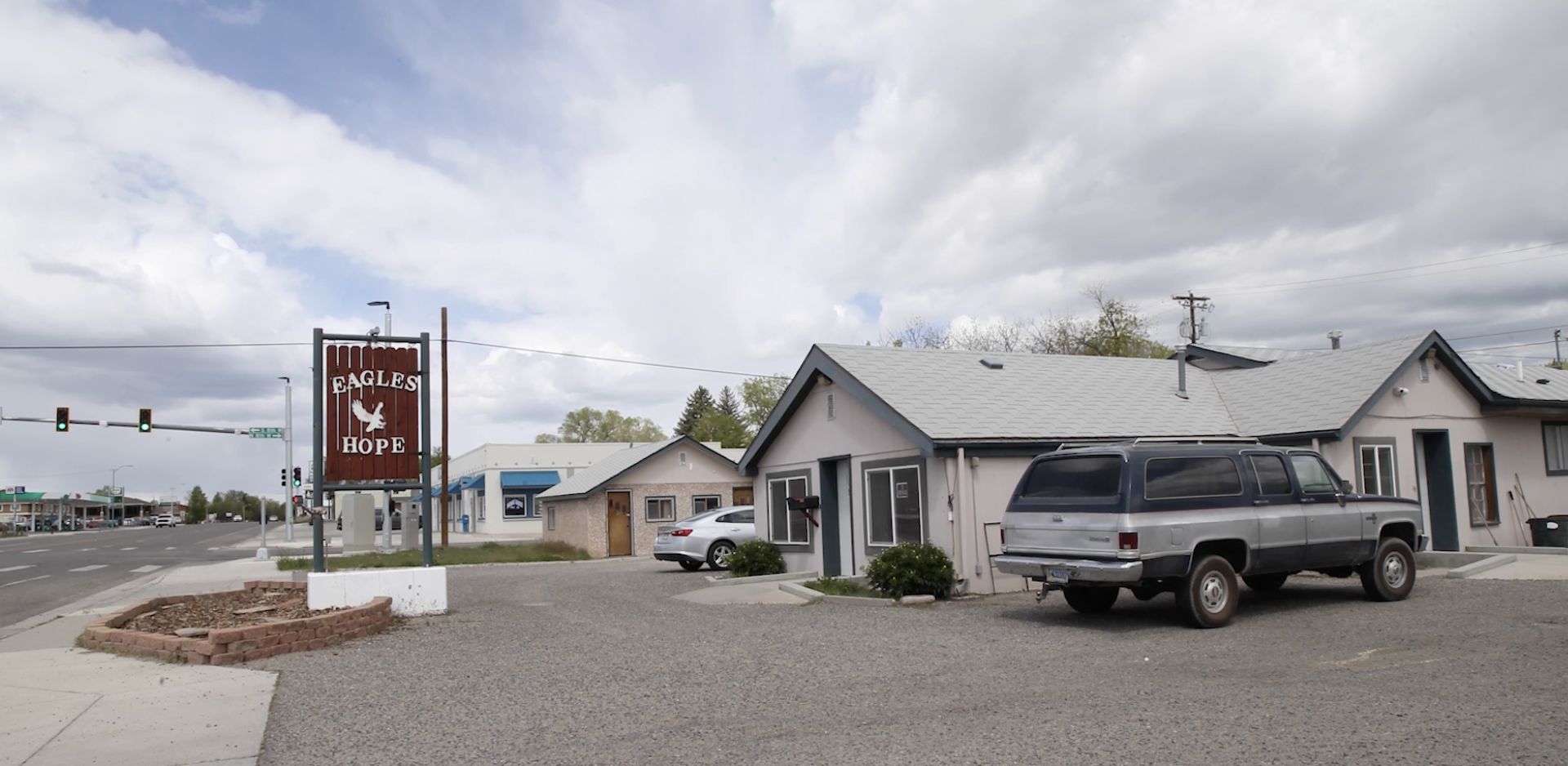
Eagles Hope.
The facility is a former motel with 18 rooms and plans to expand.
Devin Anderson is executive director of Eagles Hope.
“A lot of landlords don’t want to deal with felons … we have been working closely with Terri on housing her people. We have one guy here that is just, he’s a really fine example of what, what someone can do for themselves. He came here, he has a lot of medical issues. Terri helped him with his rental fees. A lot of driving him around to appointments anywhere he needs to get, but he’s since then he’s got his surgery done. He’s healing now. We’re all really confident that he will be able to work again and have a normal life.”
Shannon McCorley is Eagles Hope administration assistant.
“I would say about 70% of the people we serve are enrolled either in Northern Arapaho or Eastern Shoshone. And I think it’s because of lack of resources out there. So a lot of them want to come to town where there’s more employment and more stuff to do basically … it’s awesome to see a lot of people that have gotten their kids back and have been able to find permanent housing, employment, vehicles and seeing him out in the community. So at any time I would say we have a waiting list of about 75 people.”
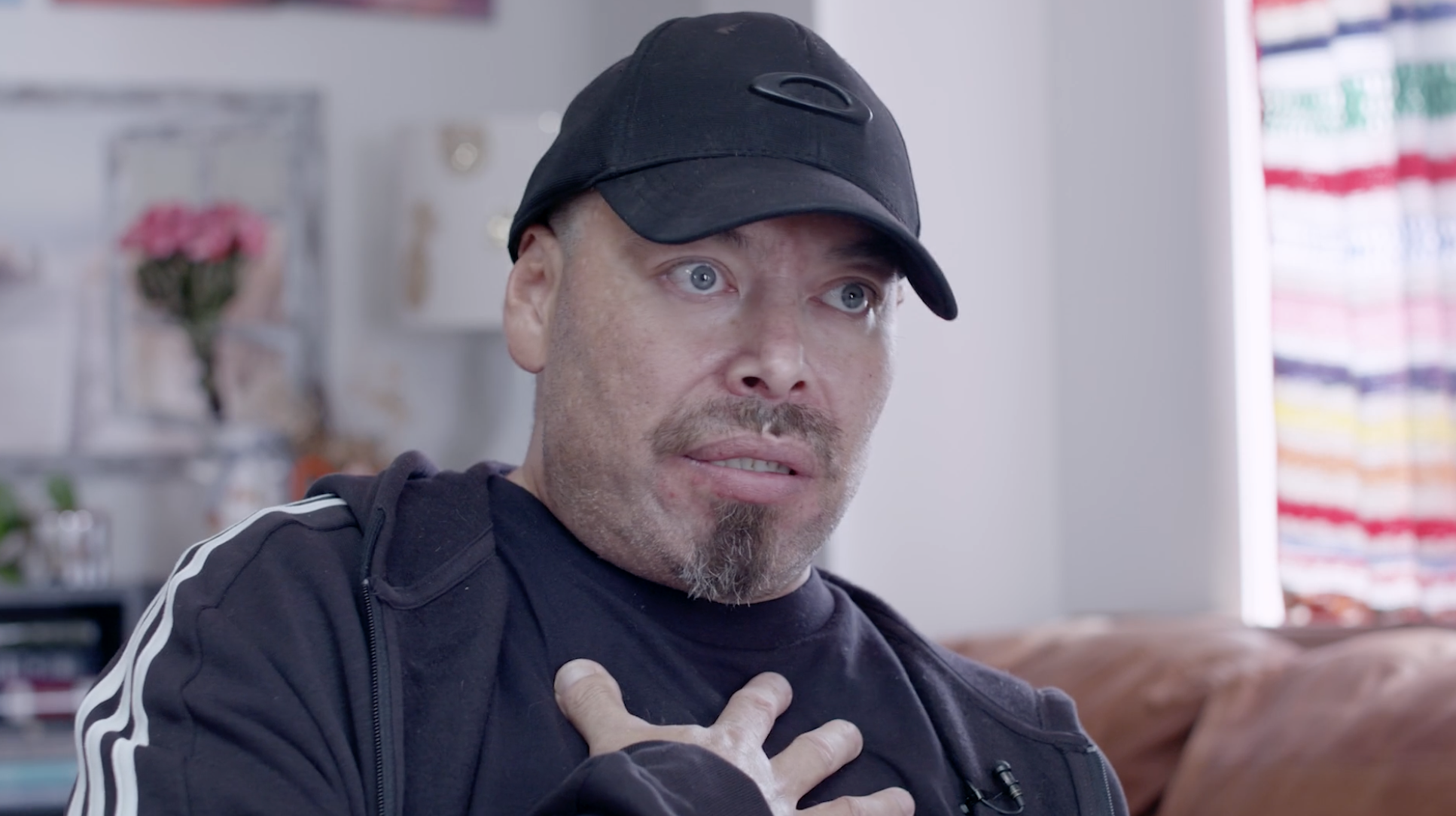
Tremayne Thunder.
Tremayne Thunder is a Northern Arapaho Reentry client and was able to stay at Eagles Hope.
“Things happened in my body. I got in a bad car accident. It broke me, really. Literally, it broke me.”
Thunder says the assistance he’s received, especially from Terri Smith, has been a lifeline due to his bad heart and his medical condition it was challenging finding services.
“She’s a blessing for our people. And I’m glad reentry is here, you know, because whoever else is coming out of prison, know, if they’re like me and really ain’t got nowhere to go.”
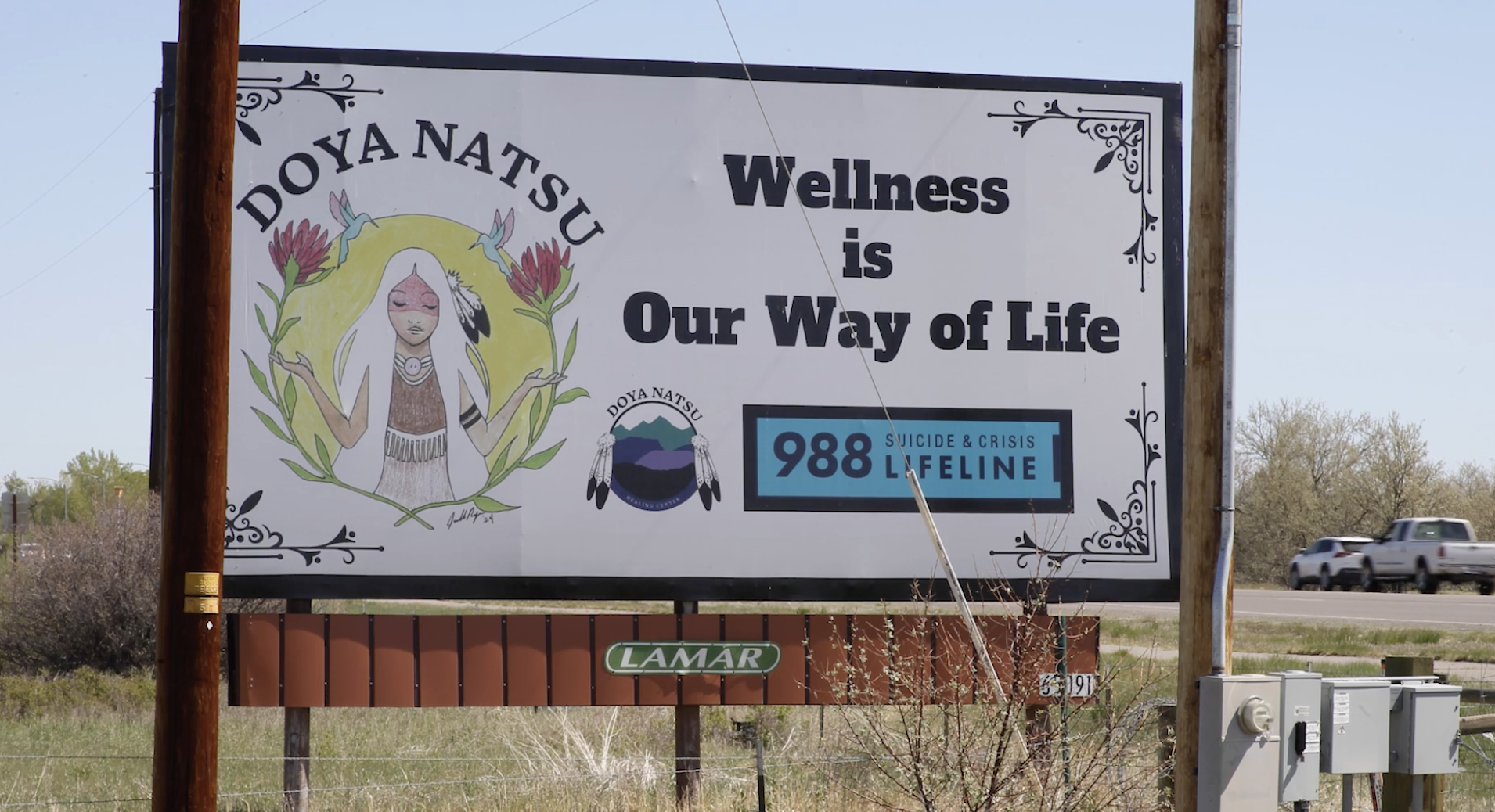
Doya Natsu.
The Northern Arapaho Reentry program also works with the Doya Natsu Healing Center.
Kellie Webb is the executive director of the health center, which is the culturally based substance use and behavioral health program for the Eastern Shoshone Tribe.
“Everything we do here is culturally based. So even when we’re talking about brain science or other Western kinds of models, we put it back into the Shoshone Medicine Wheel and talk about it holistically. So we do a lot of holistic health services. We also have an office in Riverton, an outreach office down there that does services in as well. And that’s how we have collaboration with Terri.”
Here again is North Arapaho Reentry program administrator Terri Smith.
“I just, I want my clients to be, to get there, to get a healthy life back. If they didn’t have it before, to get it now, you know, to know that as long as they have hope and they work hard and they’re accountable for what they’ve done, like they can have a beautiful life.”
This story’s a collaboration with First Nations Experience Television with support from the Public Welfare Foundation.
Get National Native News delivered to your inbox daily. Sign up for our daily newsletter today.
